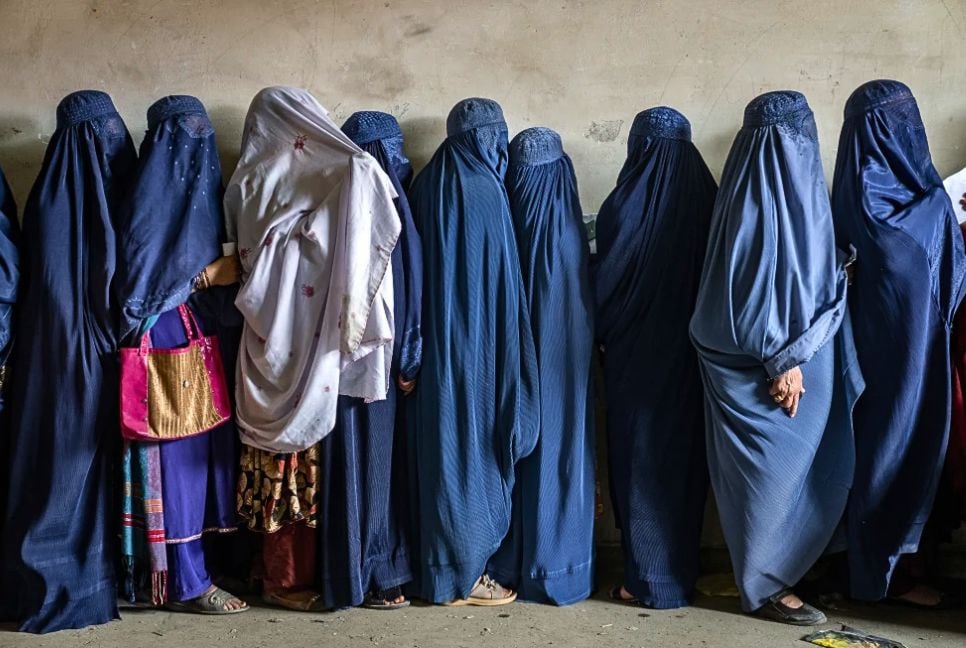Taliban has said they will close all national and foreign nongovernmental groups in Afghanistan employing women.
This is the latest crackdown on women’s rights since they took power in August 2021, reports AP.
The announcement comes two years after they told NGOs to suspend the employment of Afghan women, allegedly because they didn’t wear the Islamic headscarf correctly.
In a letter published on X on Sunday night, the Economy Ministry warned that failure to comply with the latest order would lead to NGOs losing their license to operate in Afghanistan.
The United Nations said the space for women in Afghanistan has shrunk dramatically in the last two years and reiterated its call for the Taliban to reverse the restrictions.
“This really impacts how we can provide life-saving humanitarian assistance to all the people in Afghanistan,” UN associate spokesperson Florencia Soto Nino-Martinez said. “And obviously we are very concerned by the fact that we are talking about a country where half the population’s rights are being denied and are living in poverty, and many of them, not just women, are facing a humanitarian crisis.”
The Economy Ministry said it was responsible for the registration, coordination, leadership and supervision of all activities carried out by national and foreign organizations.
The government was once again ordering the stoppage of all female work in institutions not controlled by the Taliban, according to the letter.
“In case of lack of cooperation, all activities of that institution will be canceled and the activity license of that institution, granted by the ministry, will also be canceled.”
It’s the Taliban’s latest attempt to control or intervene in NGO activity.
In another development, the Taliban leader Hibatullah Akhundzada has ordered that buildings should not have windows looking into places where a woman might sit or stand.
According to a four-clause decree posted on X late Saturday, the order applies to new buildings as well as existing ones.
The United Nations also called for a reversal of this restriction, Soto Nino-Martinez said.
The decree said windows should not overlook or look into areas like yards or kitchens. Where a window looks into such a space then the person responsible for that property must find a way to obscure this view to “remove harm,” by installing a wall, fence or screen.
Municipalities and other authorities must supervise the construction of new buildings to avoid installing windows that look into or over residential properties, the decree added.
Bd-pratidin English/Fariha Nowshin Chinika


































































